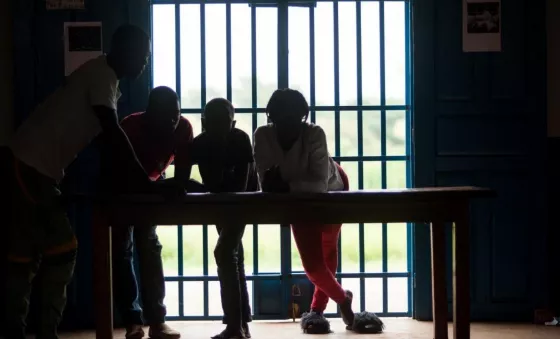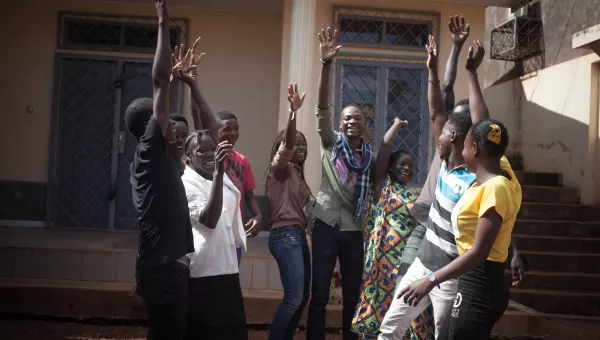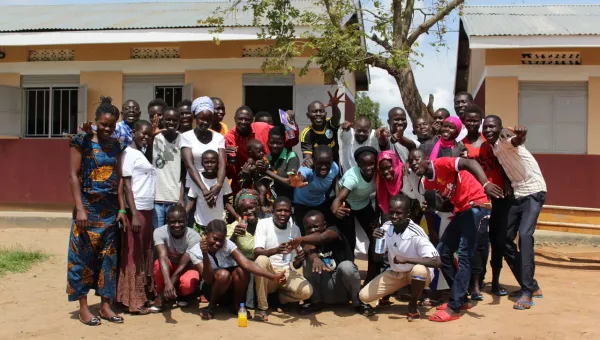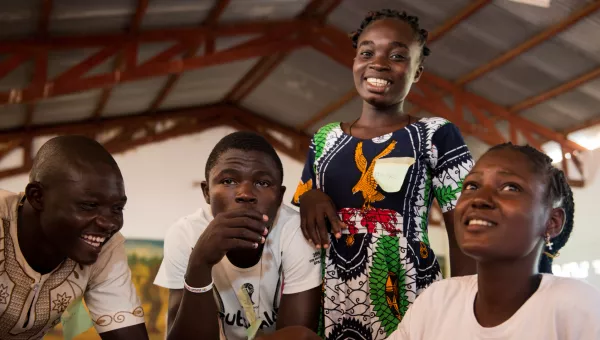Child labour and exploitation in cattle herding
In 2019 War Child started working with two groups of young people living in remote areas near Rutshuru, North Kivu, an area close to the border with Uganda. We asked them what issue they felt was harming children in their community the most. Both groups agreed that children working in cattle herding were suffering from neglect, exploitation and abuse.
The groups were concerned about the long hours children work in difficult conditions, often for no pay other than some of the milk from the cows. Cow herding requires working in remote areas without any adult supervision, which leaves children exposed to other forms of violent abuse. The groups also felt this form of child labour in agriculture was having wider impacts by causing conflict in their community.
The group said poverty, inadequate school structures and difficult conditions limiting access to education and lack of training structures for young people were contributing to the problem.
Understanding the issue
The young people decided to conduct their own research to find out more about the issue and help inform their advocacy. Before starting they were supported with training in basic research practice.
They decided they wanted to use questionnaires and interviews as their data collection method. After they had gathered this via the questionnaires, the young people organised interviews with groups of young herders, their parents, security officers, local authorities, farmers, and other members of the community. For the individual questionnaires, feedback was gathered from 184 respondents while 55 people participated in interviews. To complement the group’s research War Child conducted a desk-based literature review into child labour legislation in the DRC and existing research on children working in cattle herding.
Findings from both the group’s research and the literature review demonstrate there is a need for more attention to the protection of children working in cattle herding. Children are experiencing significant neglect, including vulnerability to recruitment into armed groups. They are also experiencing sexual, physical and emotional abuse, and when older, can also be perpetrating this themselves against others in the community. Children working as cattle herders consequently face considerable stigma and discrimination.




